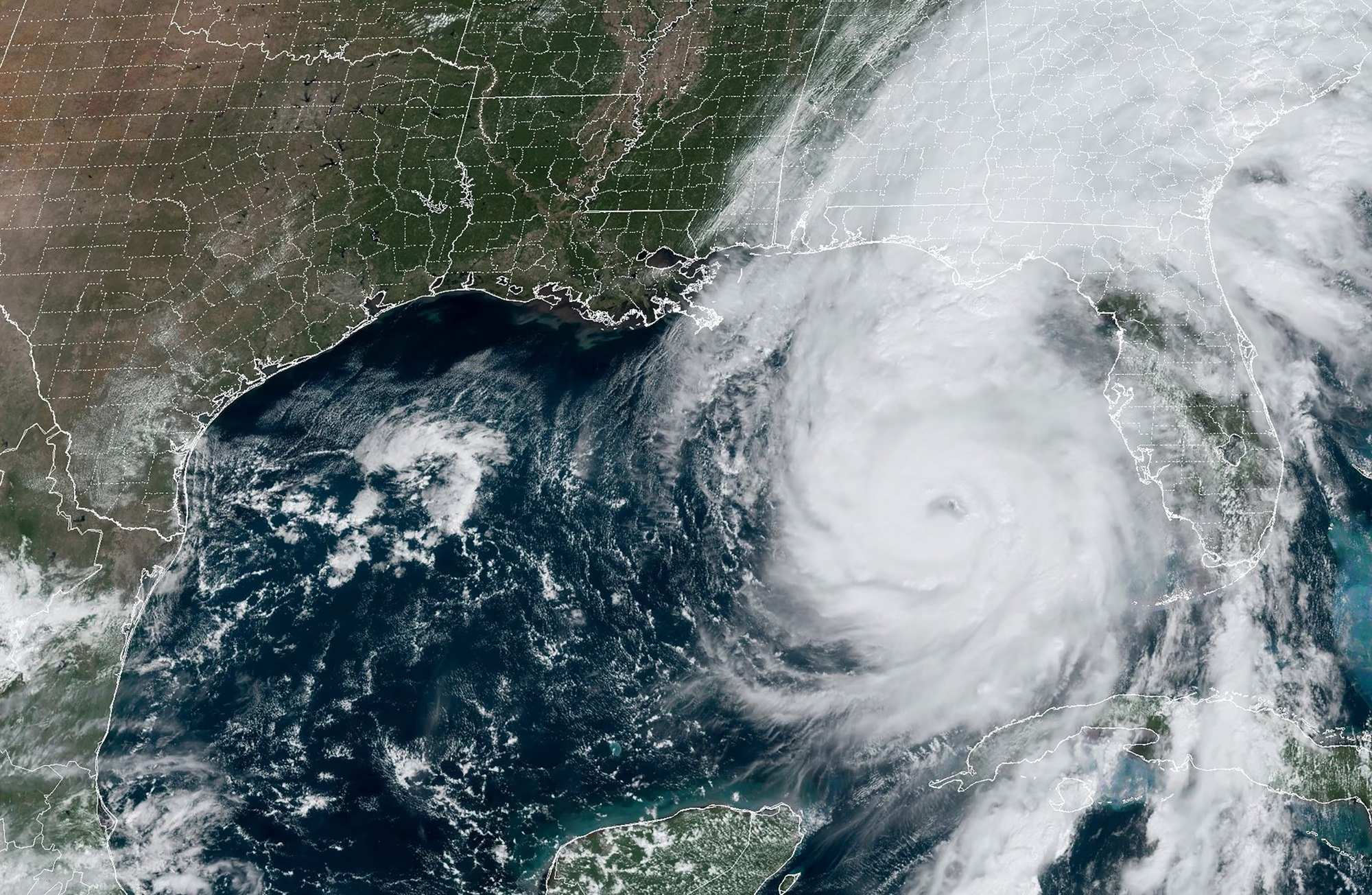The Case for Ethno-Regional Politics

9 October 2024
I often contemplate the idea of secession. As an Afrikaner-Boer I think it is the ultimate contemporary political goal in Southern Africa, not only for my people but for all peoples in this region. We all need to liberate ourselves from the shackles of modernist imperialism. Yet, this not only applies to this part of the world, but to America as well. Like South Africa, the United States is a product of modernist imperialism—whether it be the Yankee or the British versions. How problematic and counter-productive this modernist model really is has recently been amplified by Washington’s response—or lack thereof—in the aftermath of the destruction caused by Hurricane Helene in the US Southeast. FEMA merely offered the victims of this natural disaster a relief package of $750 per family, claiming it doesn't even have enough funds to provide relief for the rest of the hurricane season, even while aid to Ukraine over the past two years amounts to $4 500 per citizen there and the aid to Israel in 2024 alone amounting to $7 500 per Israeli. Moreover, FEMA’s half-hearted response has been almost exclusively focused on the liberal town of Ashville, with the rural Southeast being almost completely neglected. And in the midst of this catastrophe, US military troops from the affected states are still being deployed abroad.
The centralized government’s apathy and even antagonism towards conservative communities is currently on full display, highlighting the urgent need for a covenantal, federal ethno-politics with a local and regional focus. While I ultimately believe the endgame is for US states or regions and South African and Canadian provinces to secede, getting there requires an aggressive ethno-regionalist political strategy focused on demographic concentration and a self-sufficient parallel economy. Of course the classic model for this is Orania in South Africa, but the work that Ridge Runner is doing by forming a heritage, old-stock American community in Burkesville, Kentucky is an exciting project working towards this same end. Of course, not everyone can and will resettle in such communities, but ultimately ethnic and religious demographics is going to play a decisive role in how we engage on a local level, which is where I believe we are called upon to start with in the larger project of buidling the New Christendom. After all, while abstract ideas of what the future Christendom will look like are certainly inspirational, godly men will ultimately only fight and die to defend a people among whom and a place where they experience a true sense of belonging.
I have written a lot in the past about covenantal nationhood. Scrolling through the Pactum blog you will probably find at least a dozen articles on this. But what all too often still gets neglected in contemporary political discourse among the right is the theology of the polis or the city. When God judged Sodom and Gomorrah, and when God saved Nineveh, He was covenantally dealing with what Scripture calls “cities,” that which in our contemporary context would probably amount to a small city or large town with a countryside, similar to a modern-day county or a British shire. When God judges or delivers a people, He also often works with a remnant in a specific geographic area. Our political strategy should, I believe, align with this divinely-ordained covenantal paradigm. This is why I believe The Confessional County by Raymond Simmons is such an important book to read for anyone desiring to build the New Christendom. Simple things such as abolishing property tax on a county-level or even the idea of private cities or bitcoin cities can go a long way towards laying the necessary foundation for eventual secession and the creation of Christocratic ethno-states. But in order for this to be workable, demographic concentration is of vital importance.
Recovering a theology of the polis would allow us to work and act locally, while thinking in terms of the larger, overarching project of the New Christendom. These two ideals are not antithetical. In fact, I believe that the current state of the West has effectuated a socio-political climate in which they go hand-in-hand. I’ve mentioned Orania and Burkesville as purposeful communities, but projects that arise more spontaneously such as the one in Ogden, Utah with the superb work being done by the people of Refuge Church there, is another excellent example of what I have in mind, even if the ethnic element there is much more implicit.
A people consists of families. Familialism therefore reflects the divinely-ordained social order. As such, true repentance and reformation at a family level should lead to the same on a local community level, and ultimately covenantal families and covenantal communities can come together to form an ethno-regional political covenant as the basis for future secession and self-determination. Local strategy would, of course, vary from one region and community to the next, but the goal of working towards confessional local communities as the building blocks for an ethno-regional federation should remain a key objective throughout.
I’m not saying we shouldn’t participate politically on a national or international level of course, but by shifting our primary focus towards cultivating ethno-regional political and economic self-sufficiency and privatization away from the central government, we can lay proper foundations for challenging that government's political authority when the time comes. Ethno-regional covenantalism is key in this regard, because in order to gain the political power we desire, it is absolutely imperative that reformation starts locally so that in every sphere of life we return to and walk in the ways of the Source of that power, the almighty God of Heaven and Earth.